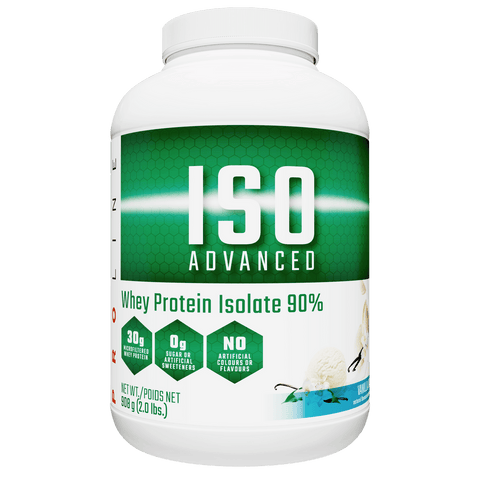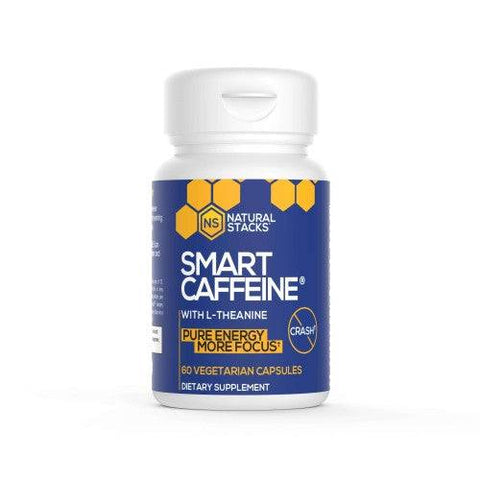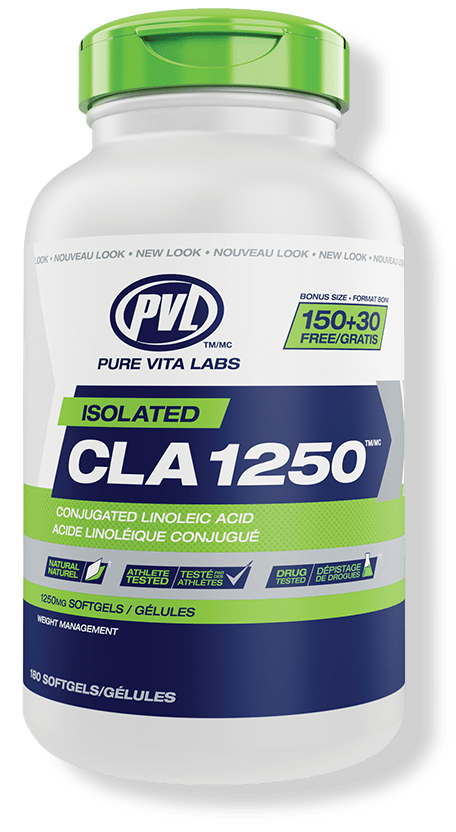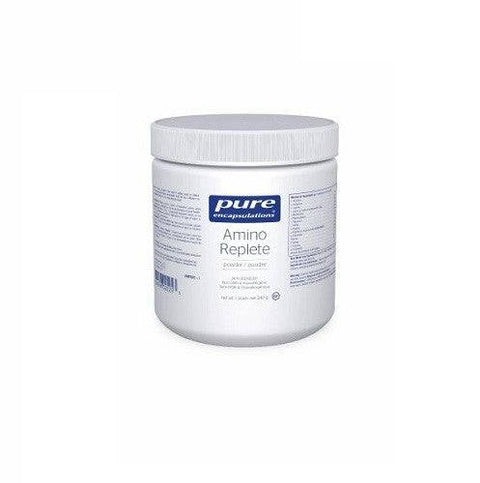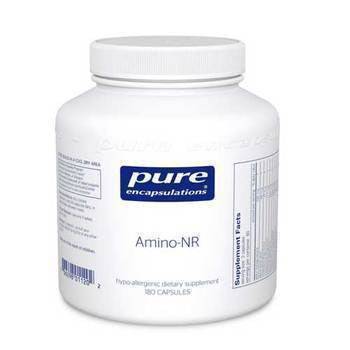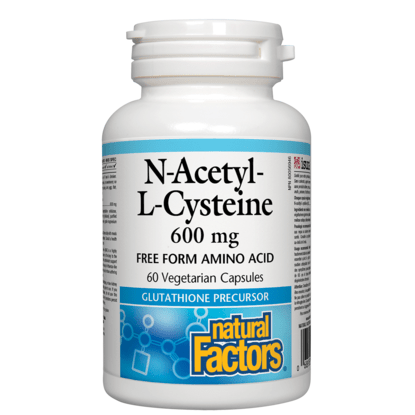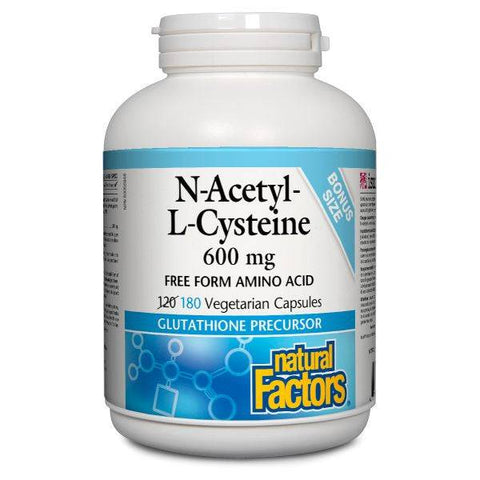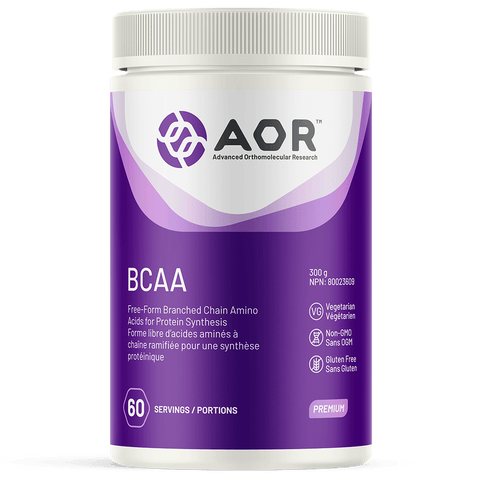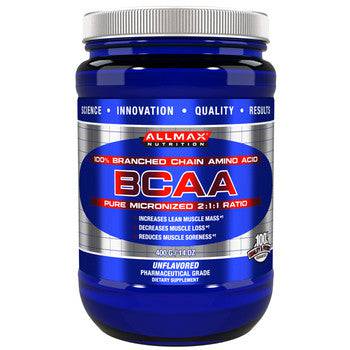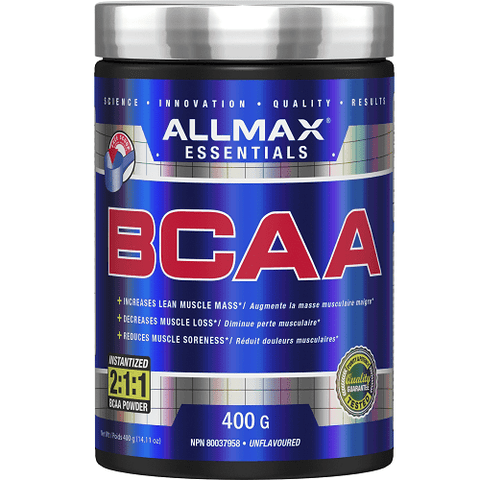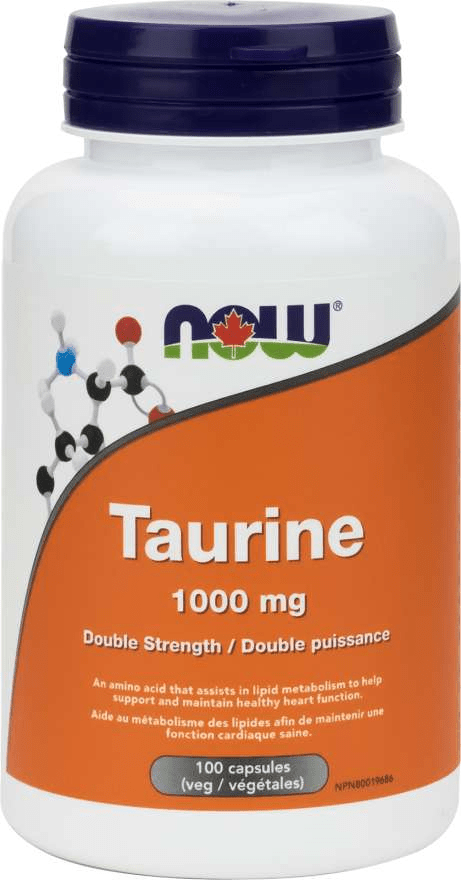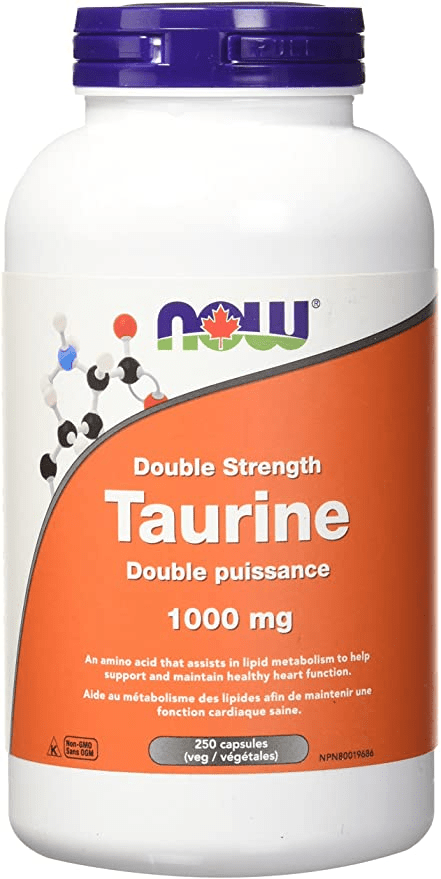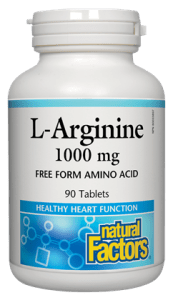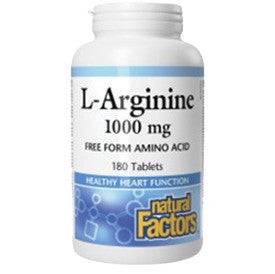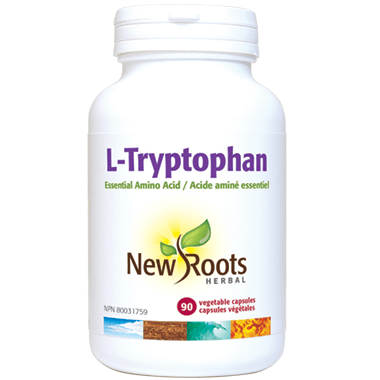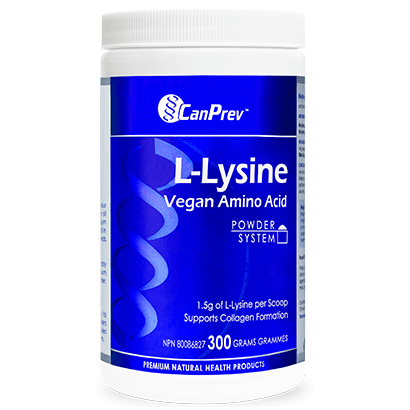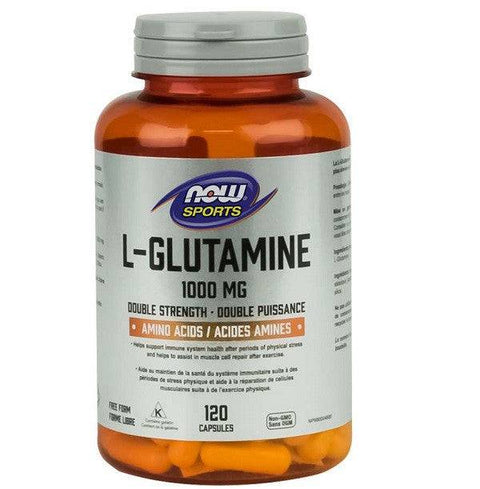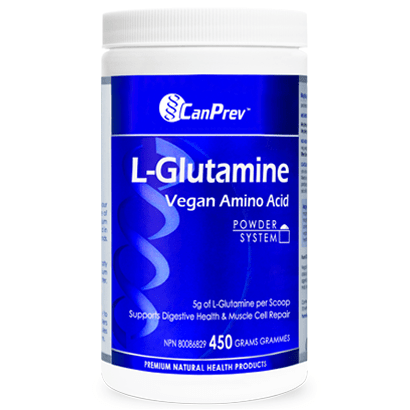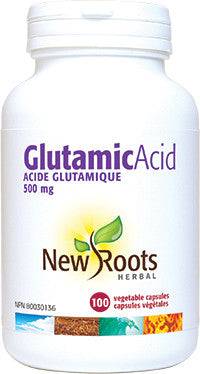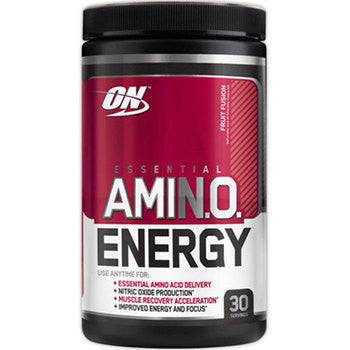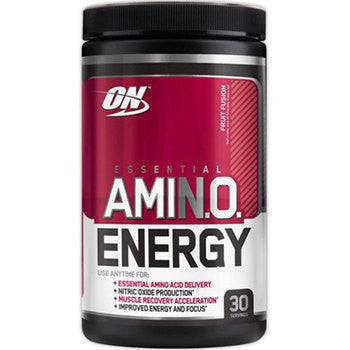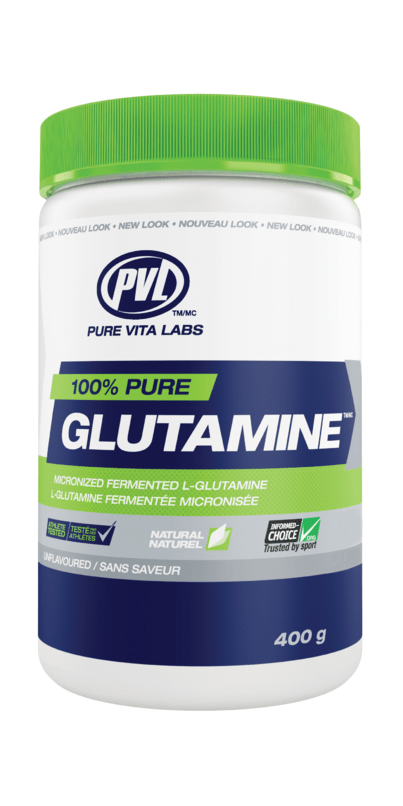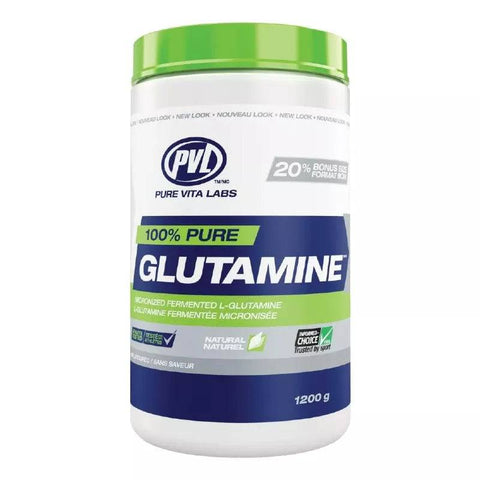Amino acid supplements provide individual amino acids or combinations of them, the building blocks of protein. Here's a breakdown of what they are and how they can be used:
Ingredients:
The key ingredient is, of course, the amino acid(s) themselves. Here's a breakdown of some common types:
- Essential amino acids (EAAs): Your body cannot produce these on its own and needs them from your diet. Examples include histidine, isoleucine, leucine, lysine, methionine, phenylalanine, threonine, tryptophan, and valine.
- Branched-chain amino acids (BCAAs): These are a subgroup of EAAs (leucine, isoleucine, valine) known for their muscle-building properties.
- Non-essential amino acids (NEAAs): Your body can produce these, but they may still be beneficial in certain situations. Examples include alanine, asparagine, aspartic acid, cysteine, glutamine, glycine, proline, serine, and tyrosine.
Formulation:
Amino acid supplements come in various formulations:
- Powders: The most common form, easily mixed into water or juice.
- Capsules: Convenient and pre-measured doses.
- Tablets: Another pre-measured option.
- Liquids: Less common but provide quick absorption.
Dosage:
Dosage recommendations vary greatly depending on the specific amino acid(s), your goals (muscle building, recovery, etc.), and your overall diet. Always follow the manufacturer's instructions and consult a healthcare professional for personalized advice.
Amino acid profile:
This refers to the specific types and amounts of amino acids included in the supplement. Look for a profile that aligns with your goals.
Source:
Amino acids can come from plant-based sources (soy, pea protein) or animal-based sources (whey protein, egg). Choose based on your dietary preferences.
Synthetic vs. natural amino acids:
Both synthetic and natural amino acids can be effective. Synthetic options are typically more affordable, while natural options may be preferred by some for their perceived purity.
Purity:
Look for supplements with high purity levels to ensure you're getting what's listed.
Additives:
Some supplements may contain fillers, binders, flavors, or sweeteners. Opt for products with minimal additives if you prefer a more natural option.
Allergens:
Always check the label for allergens like soy, dairy, gluten, or nuts, especially if you have any allergies or intolerances.
Certification:
Consider certifications like NSF Certified for Sport, which ensures the product has been tested for banned substances and meets safety and quality standards.
Solubility:
Solubility refers to how easily the supplement dissolves in liquid. Powders generally have better solubility than capsules or tablets.
